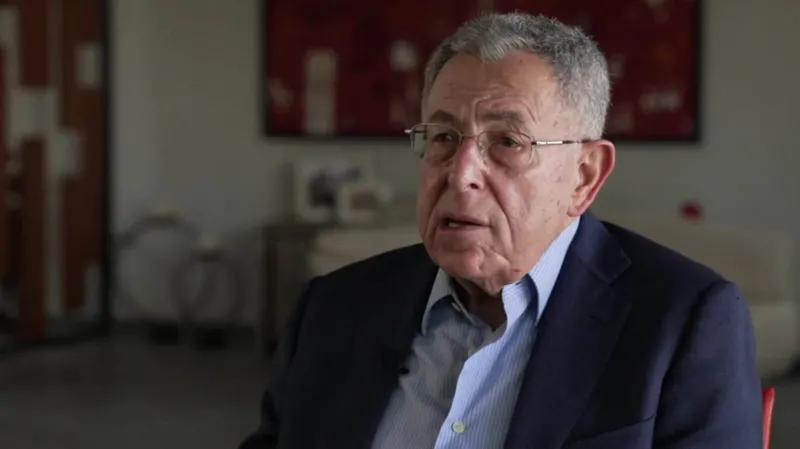Lebanon’s prime minister during the last war with Israel in 2006, Fouad Siniora, has stated in an interview with the BBC that his country has been abandoned by the international community.
He emphasized that it is unacceptable to allow Lebanon to deteriorate and criticized the lack of initiatives aimed at restoring peace.
“We are now in a very difficult situation that requires real effort locally, as well on the Arab side and internationally.
“You can push things – sometimes to the brink of falling – in a major catastrophe without really realising what it means later on.
“It’s happening at a time when the American administration is so busy with the elections.
“And we are unable to elect a president, because some groups in the country, particularly Hezbollah, have been insisting that they want a president that will not stab that group in the back,” Siniora said.
The last war between Lebanon and Israel, which took place nearly 20 years ago, began when Hezbollah fighters crossed the border and attacked Israeli soldiers, resulting in the kidnapping of two soldiers and the deaths of three, igniting a month-long conflict.
In the aftermath, Siniora publicly distanced the Lebanese government from the events. He believes that the country’s current leaders have let their people down by not taking a similar stance.
“This government did not do what my government did that day. My government was very clear and determined in stating that we were not aware, and we were not informed, of Hezbollah’s plan to cross the Blue Line on the border and to kidnap and kill Israeli soldiers.
“This time there hasn’t been any move made by the Lebanese government. The advantage of what we did is that we created a distance between the Lebanese government and Lebanon on the one hand, and Hezbollah on the other,” he explained.
Siniora is unflinching in his assessment of Lebanon’s lost sovereignty.
“Practically, Lebanon as a state has been kidnapped by Hezbollah. And behind Hezbollah is Iran.
“This gun that was held by Hezbollah, instead of being pointed towards Israel, started to be pointed domestically and started to be used as a way for Iran to interfere in Syria, in Iraq, in Yemen. Lebanon can’t get involved in such a war.”
Siniora was also one of the architects of UN resolution 1701, which brought an end to the 2006 war.
One of its stipulations was that a buffer zone be established in southern Lebanon, south of the Litani River, free from any Hezbollah fighters or weapons.
However, despite the deployment of the UN peacekeeping force Unifil and the presence of the Lebanese army, this buffer zone was not achieved. Hezbollah’s personnel and military infrastructure remained entrenched in the area.
This vacuum at the top of the Lebanese political system has made it particularly challenging to manage Hezbollah’s influence in the country.
Lebanon has been without a fully functioning government since the last elections in 2022, operating under a caretaker administration instead.
When President Michel Aoun’s term ended nearly two years ago, lawmakers failed to reach an agreement on a successor, leaving the position vacant. Many Lebanese feel that there is a shortage of effective leadership.
Siniora also emphasized that the conflict in Lebanon should not be inextricably linked to the ongoing war in Gaza.
Iranian Foreign Minister Abbas Araghchi has been visiting regional capitals, advocating for simultaneous ceasefires in both Lebanon and Gaza.
“Since October 2023 things have been dragging and getting worse and worse. Many chances were made available to dissociate the Lebanese situation from Gaza. It’s very important nationally and from an Arab point of view to associate with Gaza,” Siniora said.
“But particularly now Lebanon cannot afford, in principle, to get involved in such a matter.
“When the Gaza situation has become 2.2 million Palestinians homeless and all of Gaza destroyed, to continue to link Lebanon’s situation with Gaza is not wise.”



